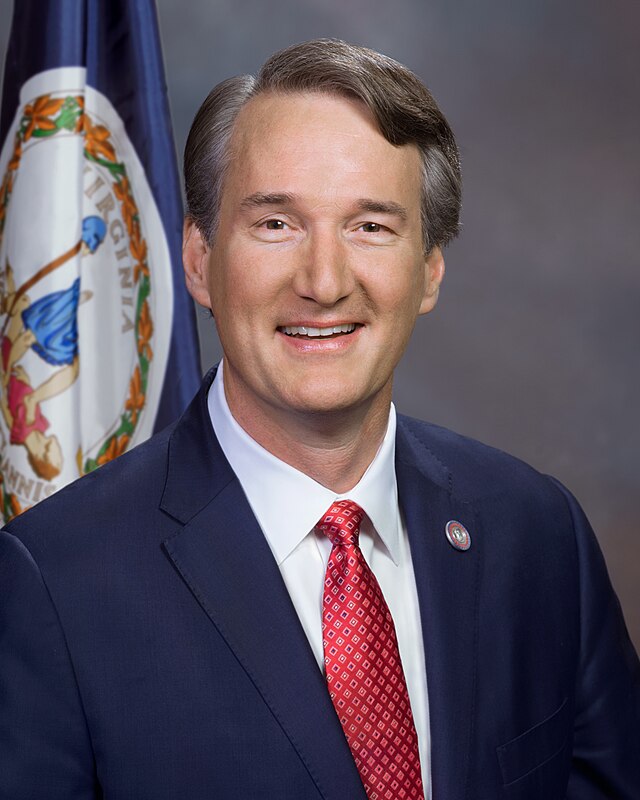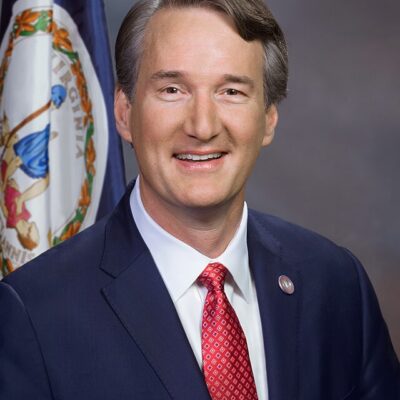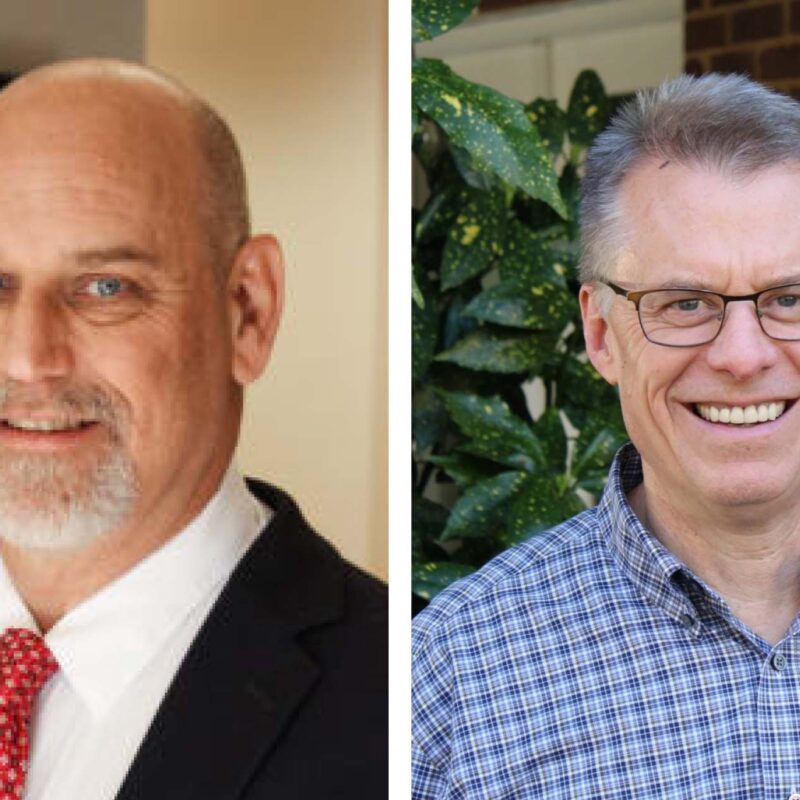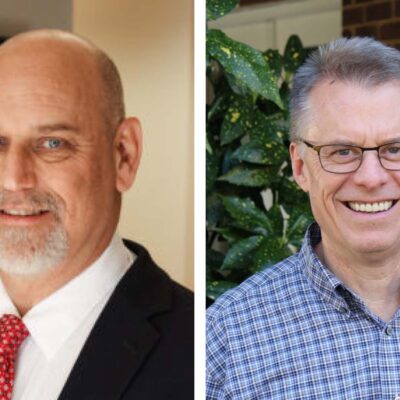Willie Nelson’s contributions to the American musical canon are so great that he could’ve ululated naked Saturday at the Charlottesville Pavilion, and we all would have gone home happy. And at first—as the physician Patch Adams discussed his Gezundheit Institute at length, and then Willie’s son Lukas played an over-the-top roadhouse set—it looked like we’d have to settle for the bizarre kind of spectacle that coalesces around the Willie Nelson brand.
|
Willie Nelson continued his quest to both create and catalogue new standards in American music at his Saturday show at the Charlottesville Pavilion. |
But eventually Willie, the man himself, took the stage. Behind him, a drummer sat with just a snare, and a grand piano shimmered in “Whiskey River,” his tried-and-true cover of the Johnny Bush song. As he summoned a huge Lone Star flag with the pump of his fist, soaking the stage in Texas pride, the message became clear: Just give the man a shuffle beat, and he’ll go all night.
There were ups and downs. Willie drew the audience into a joyous Christian hymn, “Will the Circle Be Unbroken,” only to break the mood by diving into the darkness of “Nobody’s Fault but Mine,” a delicate take on the minor-key Negro Spiritual from this year’s album, Country Music. As the hour-and-a-half set wore on, it felt as if Nelson had designed his set as something of an aesthetic rollercoaster that touched on all points of his vast career.
Between songs, Nelson is a man of few words. (“Let’s hear it for Waylon,” “Blues time,” “We’re gonna play a blues about the floods down in Texas”—that was pretty much it.) But even as the band stood still as death on stage, the music spoke for itself. “Funny How Time Slips Away,” from his 1962 debut, sounded woozy beneath his guitar, by far, the loudest and sloppiest instrument in the mix. Like a drunken flamenco player, he dragged and hacked his limp hand over his guitar’s nylon strings, only raising his fist to pump it, or to nudge his patriotic bandana—or to toss it into the audience, as the case was during “On the Road Again.”
The casual delivery (and Willie does it in a way that only Willie can) brings to mind someone who’s spent as much time on stage as he has off. When he sings, he often begins a half beat prematurely, only to fill out a phrase’s length by dragging out the next measure—as if to trumpet his casual mastery of the song, subtly embellishing in an unstudied, almost Sinatra-esque manner. In that vein, “Georgia on My Mind,” which he covers on Stardust, wandered and ultimately became a gorgeous, watercolor mess.
Legend or no, faces in the audience seemed to glaze over as Nelson broke the one-hour mark. But the search for new standards in American music, the hallmark of his career, is an exhausting task. During a Hank Williams medley near the end of the show, one wondered whether old Willie was telling old Hank to “move it on over.”






